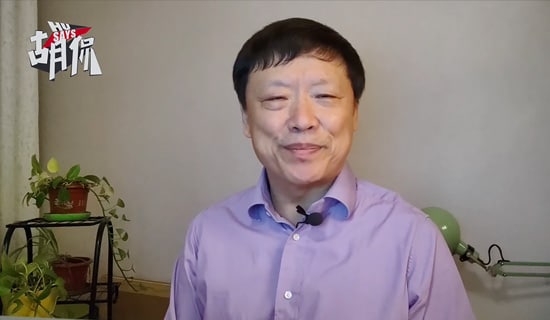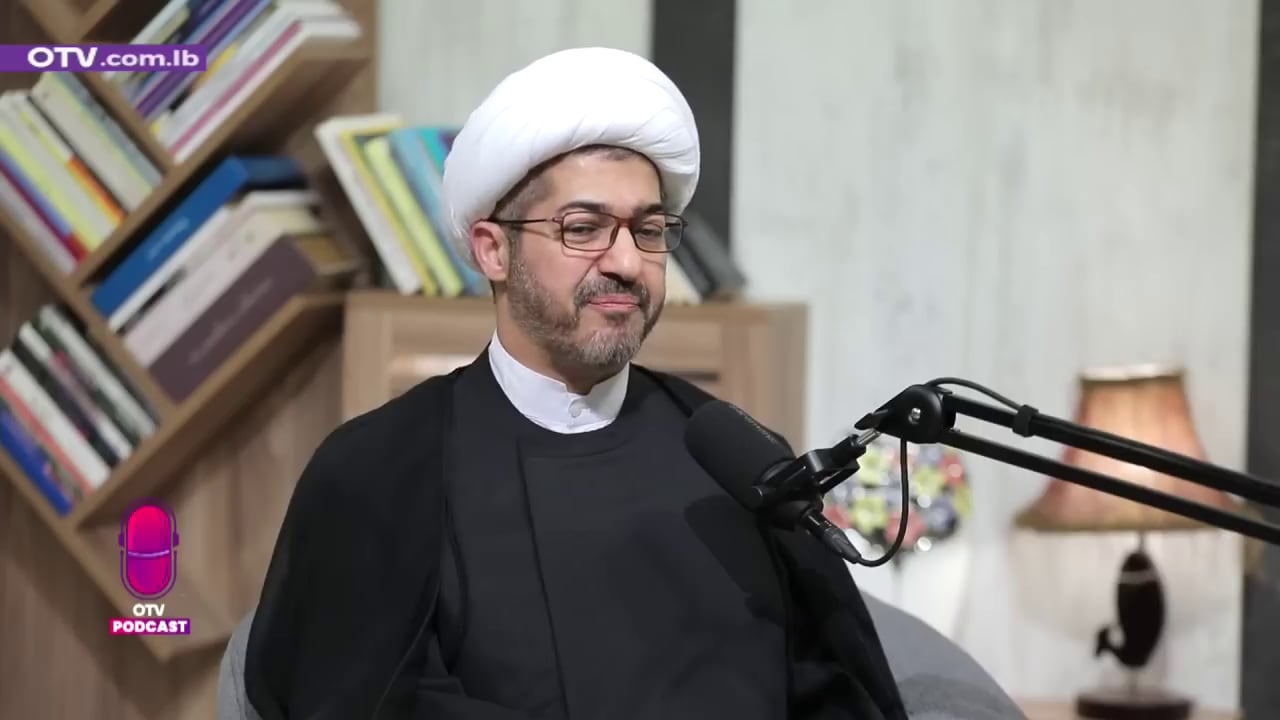
Following are excerpts from an interview with Abd Al-Fattah Idris, an Islamic scholar at Al-Azhar University, which aired on Al-Hayat 2 TV on January 18, 2011:
Interviewer: Sheik Al-Qaradhawi said in a recent interview that the Tunisian who committed suicide was not free, and did not act out of free will, and therefore, he will not be reckoned with as someone who committed suicide.
Abd Al-Fattah Idris: That man was completely free. It cannot be claimed that he was forced to commit suicide. He had freedom of choice and free will. The fact that he chose to take his life in such a manner means that he was not denied his free will. Therefore, he chose to commit suicide, out of complete free will, without any pressure being exerted upon him.
He could have chosen another path, like pleading his case to someone. If he had kept knocking on the doors of the officials, they may have listened to him. He chose, however, to commit suicide, rather than turning to another option. Therefore, he was not devoid of free will.
[...]













